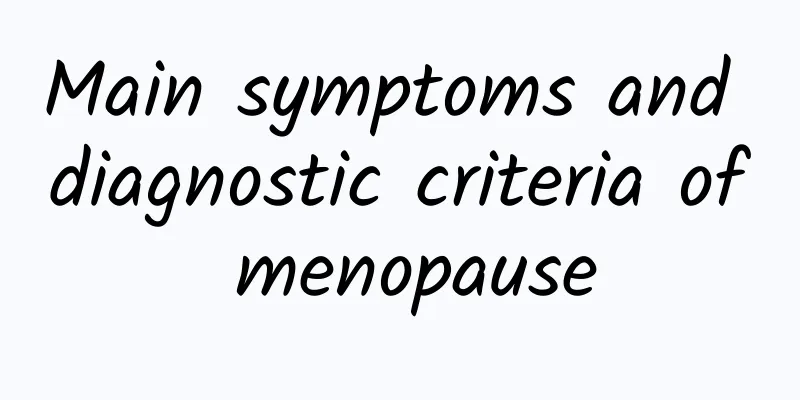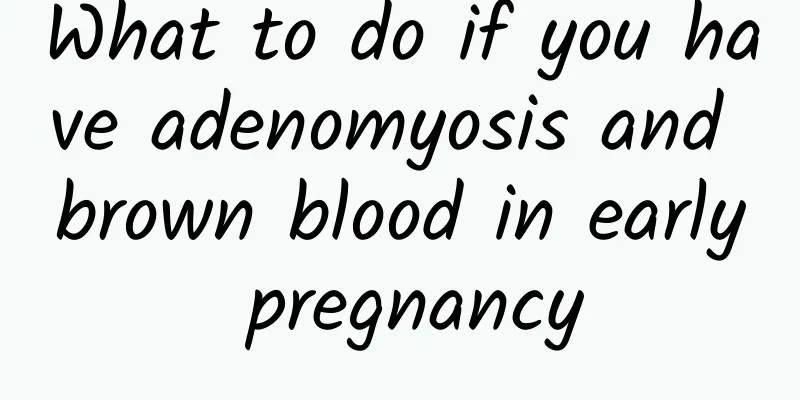People who are suitable for medical abortion

|
Women with unexpected pregnancy can use artificial methods to terminate the pregnancy within 3 months. Artificial abortion can be divided into two methods: surgical abortion and medical abortion. Some patients who are not suitable for or unwilling to have a surgical abortion can use medical abortion to terminate the pregnancy. Normal intrauterine pregnancy and voluntary termination of pregnancy without contraindications Patients who have been diagnosed with normal intrauterine pregnancy, have been amenorrhea for ≤49 days since the last menstrual period, are between 18 and 40 years old, voluntarily request to terminate the pregnancy with medication, and have no history of chronic diseases or allergic asthma, heart disease, glaucoma, heart, liver, kidney disease, or adrenal sebaceous insufficiency can use medication for abortion. At this time, the embryo is not very developed and is easier to be discharged from the undilated cervix, so the success rate of medication abortion is higher. Those who have difficulty with vacuum aspiration or have a high-risk pregnancy High-risk candidates for abortion, such as those with recent cesarean section, multiple consecutive artificial abortions, reproductive organ malformations (except rudimentary uterine horn), severe pelvic deformity, extremely tilted uterus, cervical dysplasia, tough uterus, scarred uterus, etc., can use medical abortion to terminate pregnancy and avoid the danger of surgical abortion. Note: Even if these patients choose medical abortion, they still have high-risk factors for medical abortion. The failure rate of medical abortion and the chance of post-abortion bleeding are higher than those of patients without high-risk factors. Those who have concerns or fears about surgical abortion Medical abortion is suitable for patients who have concerns or fears about surgical abortion, and can avoid adverse reactions caused by negative emotions such as fear, tension, and anxiety. |
<<: Pay attention to relieving psychological stress after artificial abortion
>>: Two dietary prescriptions for menstrual disorders after abortion
Recommend
What are the treatments for chronic cervicitis?
What are the specific methods for treating chroni...
How to treat endometriosis infertility
Generally speaking, women with endometriosis may ...
Experts explain the more common symptoms of chronic adnexitis
If you can find the symptoms of chronic adnexitis...
What are the main hazards of threatened miscarriage in women?
Many women want to know what the main dangers of ...
How to Treat Endometriosis
With the increasing incidence of endometriosis an...
What is the best way to treat cervical warts clinically?
Cervical warts are a sexually transmitted disease...
What should pregnant women with hyperprolactinemia supplement?
Prolactin is a polypeptide hormone, one of the ho...
Let's learn about the prevention of female pelvic inflammatory disease
Gynecological diseases are very common in women. ...
What to do if pelvic effusion occurs after uterine curettage
Curettage is a traditional artificial abortion. I...
Tips to relieve dysmenorrhea in women
Some women will feel unbearable pain when they en...
Chocolate lovers, please take a look here, don’t let it become a stumbling block to your weight loss! He threw away chocolate bars and built a 6-pack in 3 months
Are you a chocolate lover too? The sweet chocolat...
What medicine is good for pelvic inflammatory disease
Pelvic inflammatory disease is a pelvic inflammat...
What if my menstruation is very light after an abortion?
What happens if my menstrual period is very light...
A new trend in weight loss diet: fasting 2 days a week
(Author: Mike Moseley, Mimi Spencer) When Taiwane...
Specific symptoms of ectopic pregnancy
What are the symptoms of ectopic pregnancy? If ec...









